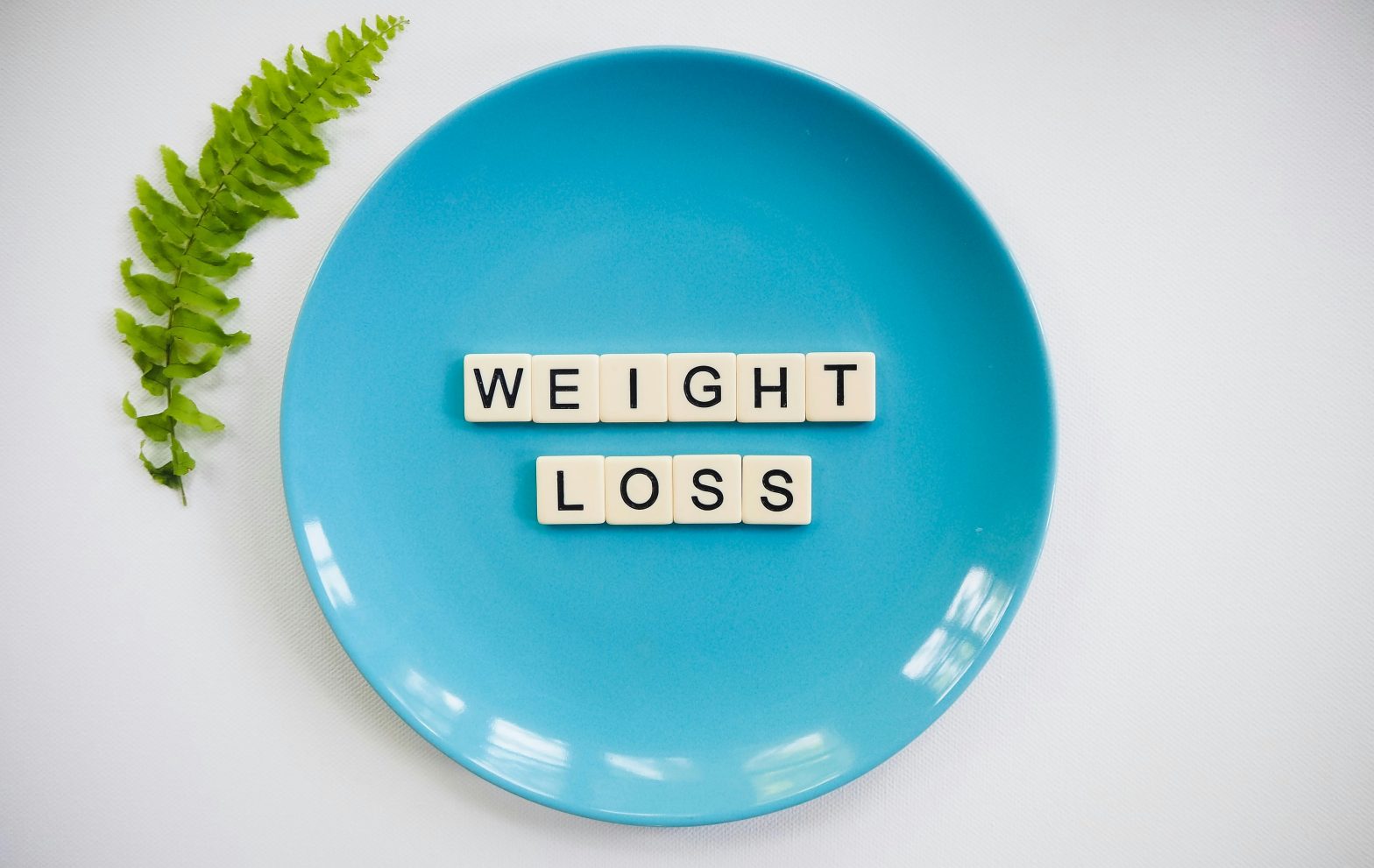Dieting doesn’t benefit weight loss in the long term
Prolonged periods of dieting can make it really difficult to lose weight. Focusing on non-weight goals, and small sustainable changes is the best way to build a better relationship with food and your body.

Set Point Theory
To protect you from injury, disease and illness, your body tries to maintain your weight at a ‘set point’ which is determined largely by your genetics and your environment (e.g. stress, nutrition and exercise). Because of this, most people who exercise regularly and eat a balanced diet will fluctuate slightly around their ‘set-point’ weight. If their weight goes slightly over or under this range (e.g. due to a holiday or illness), their weight will usually bounce back reasonably quickly and without any conscious effort beyond returning to their normal healthy lifestyle.
Dieting and your set-point weight
When we restrict our dietary intake too much, we can push our weight bellow the bottom end of our set-point. This essentially tells our bodies that we are starving. Because our bodies want to protect us, they will turn on protective functions, such as triggering hunger signals and decreasing our metabolism. This is why when we over-restrict our dietary intake we find it really hard to stick with the changes, and often end up regaining all the weight we lost. Because our bodies think they have been starved, they try to protect us from further ‘starvation’, sometimes causing us to gain more weight and potentially pushing our set point up higher than it was before. This can have permanent effects on your metabolism which will make it even harder to lose that weight next time you try.
The alternative approach to dieting
Prolonged periods of dieting make it really difficult to lose weight due to changes in your metabolism. The best option for people who have previously dieted is to try to lose a very small amount of weight over a really long period of time. This essentially tricks the body into thinking it’s not starving (or losing weight) and prevents some of these protective functions from being turned on. Because this takes a very long time, I always encourage my clients who have previously dieted to focus on non-weight related goals rather than weight-focused goals in the short term.
Here are some examples of non-weight goals:
· building more muscle mass or becoming stronger
· feeling more comfortable or confident in my clothes
· lowering my cholesterol, blood pressure or HbA1c
· being able to play for 20 minutes with my child/grandchild/pets
· being able to walk 30 minutes
